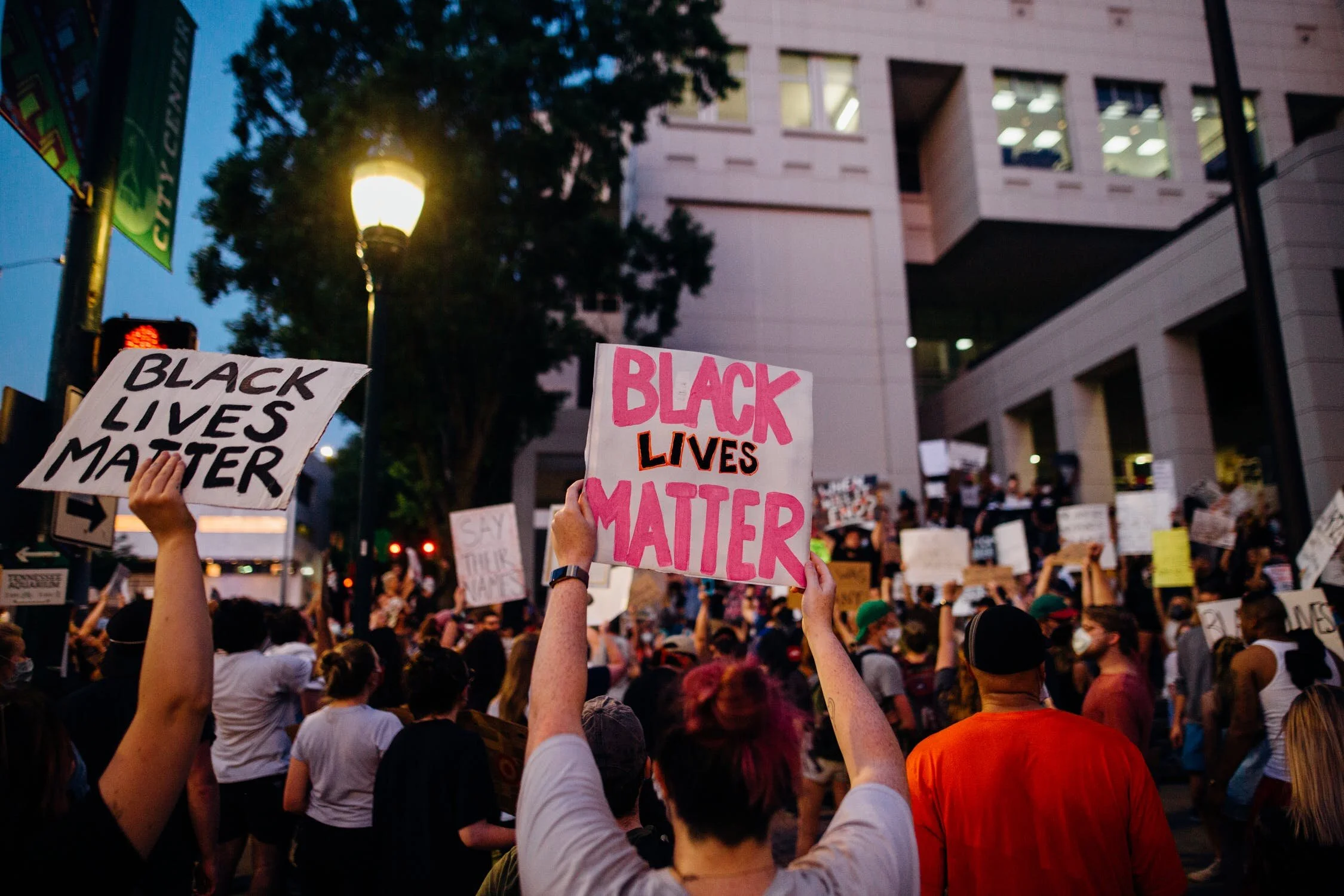Code Contribution for Women in Network Science
Image Description: Blue code overlays a world map made of dots in a stylistic way.
The igraph project promotes the igraph open source network analysis library to women and nonbinary individuals. The initial stage of the process includes a research study into feminist pedagogical literature examining how various community-based leadership opportunities can bolster participation of gender diverse people in igraph forums. Additionally, mentor partnerships, training programs and supportive materials will be developed to facilitate forum use; these strategies aim to combat social barriers impeding involvement in the open source coding community. Mentorship will yield relationships and role models to marginalized individuals. This should drastically increase the volume and diversity of those who make use of and contribute to the igraph library, improving the library’s effectiveness as a tool for computational analysis. Expansion of access benefits the scientific community as a whole, setting a precedent of how to help gender diverse groups make more scientific contributions. The Chan Zuckerberg Initiative partners with Centre for Science and Technology Studies (CWTS) and Leiden University are partners in this study.
#Hashtag Activism: Networks of Race and Gender Justice
Image Description: Photograph of protesters holding Black Lives Matter signs at an outdoor rally.
The proliferation of social media has given rise to widespread speculation about the relationship between new media communication and the processes of social change. Key among these discussions is a focus on the role that social media play in (re)shaping the public sphere, and by proxy, our democracy. This interdisciplinary project explores how social media influence which voices are included in this democracy. We suggest that contemporary cultural workers use evolving technological infrastructures to create new spaces for traditionally excluded voices to engage with and challenge the terms and tools of public debate. Specifically, we explore a phenomenon known as “hashtag activism,” or the use of the microblogging platform Twitter to advocate for social change. Sometimes maligned as “slacktivism” in the press, our research suggests that social media, especially Twitter, are increasingly complementing traditional counterpublic spheres to become vital platforms for social debate. Through a combination of large-scale network analysis and close readings of social media texts, this project examines how Twitter has become a platform for traditionally disenfranchised populations to advance counternarriatives and advocate for social change. We focus on notable examples of feminist, queer, and racial justice hashtags that trended between 2012 and 2018 (#GirlsLikeUs, #MeToo, and #Ferguson, to name just a few), and we find that members of these populations are using Twitter to build diverse networks of dissent and shape cultural knowledge in ways that are fundamental to contemporary social movements.
Read #HashtagActivism: Networks of Race and Gender Justice for free!
Voice, Attention and Civic Action Online
Image Description: Photo of a woman using a laptop.
There is a paradox in civic engagement research. On one hand, with a relatively low cost of entry, easy-to-use interface, and diverse user base, social media may offer people from marginalized communities a unique forum in which to exercise voice and receive attention on political and social issues. On the other hand, biases that preference traditional elites in political action also continue to preference traditional elites online, as these are the very people who design, own, have best access and most skill to use online platforms. In collaboration with the Lazer Lab, I study whether/how civic voice and attention continue to vary by race, gender, age and socioeconomic status online, and how these variations correspond with traditional markers of political impact including media coverage, voting, campaign donations, and other forms of offline civic and political action.
Thinking With and Through Networks
Image Description: Photo of a conference room table crowded with laptops, notebooks, and beverages with several people taking notes.
People naturally find themselves embedded in social groups, or networks, of friends, family members, co-workers, teammates, acquaintances, etc. Research connects these networks with a variety of behavioral and health outcomes including, but not limited to: adaptation, emotional resilience, individual success, and team performance. This linkage is due, in large part, to the resources that networks can provide. However, being able to successfully access those resources depends critically on: (1) the ability to understand one’s complex network of interpersonal relationships and (2) being able to accurately navigate that network of relationships in order to activate the right resources at the right time. Both of these tasks are cognitively complex, and people naturally vary in their abilities to execute these tasks successfully. This research seek to understand the origins of differences in abilities to think about networks, map the consequences of those differences for individuals and teams, and develop tools that help people improve network-based reasoning abilities.



